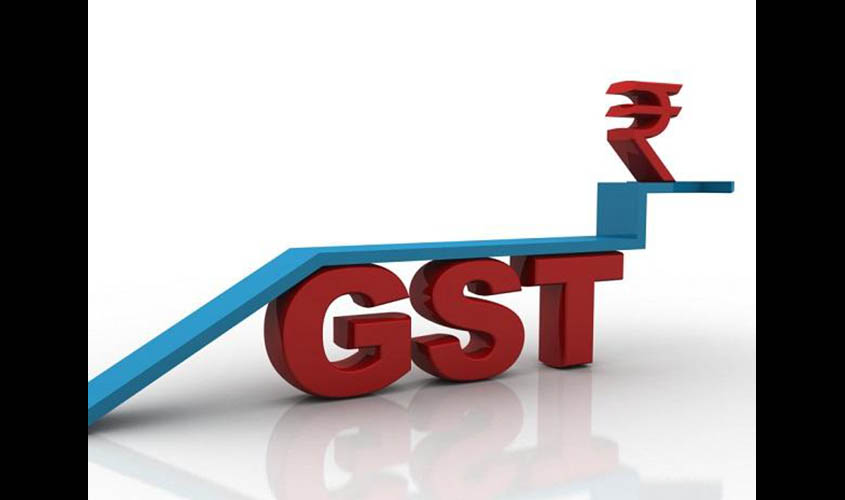Non-BJP ruled states have blamed the Centre for the delay in payments.
The Opposition’s allegation that the Bharatiya Janata Party-led Central government is intentionally delaying the payment of Goods and Services Tax (GST) compensation to non-BJP ruled states seems to be untrue as the statistics suggests that the delay may be due to lower collection of taxes and compensation cess.
Punjab, Rajasthan, Kerala, West Bengal, and Delhi—all ruled by non-BJP parties—recently raised concerns over their pending GST compensation payments and accused the Centre for creating a financial crisis for them.
Recently, the finance ministers from the aforementioned states in a joint statement said: “The GST compensation for the month of August and September, required to be paid by the Central government sometime in October, continues to be outstanding.”
While the states may be crying foul, the statistics suggests that the Centre is facing a tough time as the GST compensation fund is under stress. This has happened due to the lower-than-expected collection of GST.
According to the statistics, the tax collections under GST were Rs 91,916 crore in September, lower than the Rs 98,202 crore collected in August and Rs 94,442 crore in the same month a year ago. Also, the gross GST revenue collected in October was about Rs 95,400 crore which is 5.29% lower than what it was in October 2018.
The tepid collection of taxes equally impacted the collection of GST compensation cess. As per the data, the GST compensation cess collection for the financial year 2019-20 was estimated at Rs 1,09,343 crore, but the actual collection figure was Rs 46,766 crore and perhaps this caused the delay in passing off compensation to the states.
There are many components that have led to the tepid collection of taxes under GST. Some of the main reasons behind the lower tax collection, as per experts, include a slowdown of sales in the automobile sector, dismal factory output results and reduction of GST tax rates.
Amit Kumar, a Delhi-based chartered accountant and GST expert, told The Sunday Guardian: “Saying that only the non-BJP ruled states are facing problems due to the implementation of GST is not true as many BJP-ruled states are also facing the same kind of problems. For example, Uttarakhand’s economy is based on manufacturing; hence, GST has hurt the state more than any other state. The Centre is paying compensation to the tune of Rs 60,000 crore per annum for the losses in tax collection to Uttarakhand—the highest compensation paid to any state.”
Under the GST Constitution, the Centre had assured the states, through legislation, that any revenue shortfall would be compensated fully for the first five years. For the purpose of calculating the compensation amount in any financial year, 2015-16 was assumed to be the base year. The GST compensation cess applicable to sin and luxury goods were introduced to compensate the states for loss in revenue earning due to the joining of the GST regime. The compensation against the losses to states will be paid until 2022.
Meanwhile, many states have raised the demand for extension of this period for three more years and, as per sources, the Central government is mulling to address the states’ demand.

